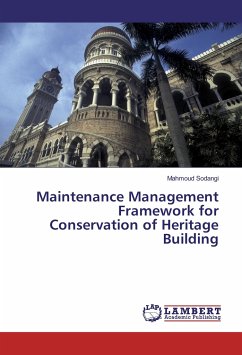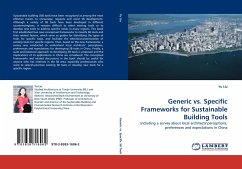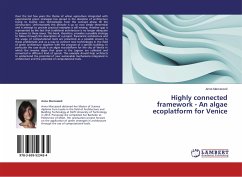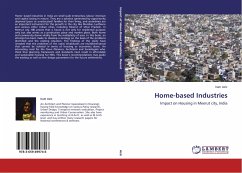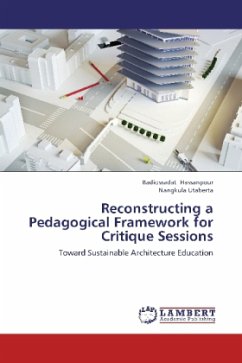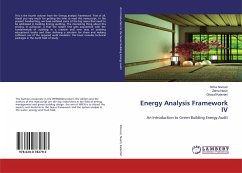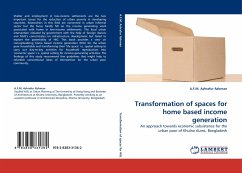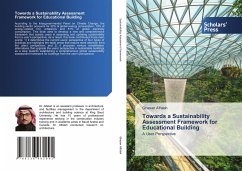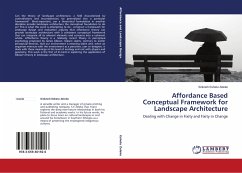
Affordance Based Conceptual Framework for Landscape Architecture
Dealing with Change in Fixity and Fixity in Change
Versandkostenfrei!
Versandfertig in 6-10 Tagen
45,99 €
inkl. MwSt.

PAYBACK Punkte
23 °P sammeln!
Can the theory of landscape architecture, a field characterized by contradictions and inconsistencies, be generalized into a particular framework? Most important, can a theoretical formulation in another discipline provide landscape architecture the conceptual foundation to do so? This is what this work is attempting to do - construct a framework for landscape design and evaluation arguing that affordance theory can provide landscape architecture with a consistent conceptual framework that can integrate all its relevant elements and concerns into a coherent whole. Affordance theory is a relati...
Can the theory of landscape architecture, a field characterized by contradictions and inconsistencies, be generalized into a particular framework? Most important, can a theoretical formulation in another discipline provide landscape architecture the conceptual foundation to do so? This is what this work is attempting to do - construct a framework for landscape design and evaluation arguing that affordance theory can provide landscape architecture with a consistent conceptual framework that can integrate all its relevant elements and concerns into a coherent whole. Affordance theory is a relatively recent theory in perceptual psychology proposed by James Gibson. Gibson claims, contrary to earlier perceptual theories, that our environment is meaning laden and, when an organism interacts with the environment as a perceiver, user or designer, it deals with these meanings at the level of ecology and not with physics and geometry. This work is the first of its kind in exploring the application of Gibson's theory in landscape architecture.



